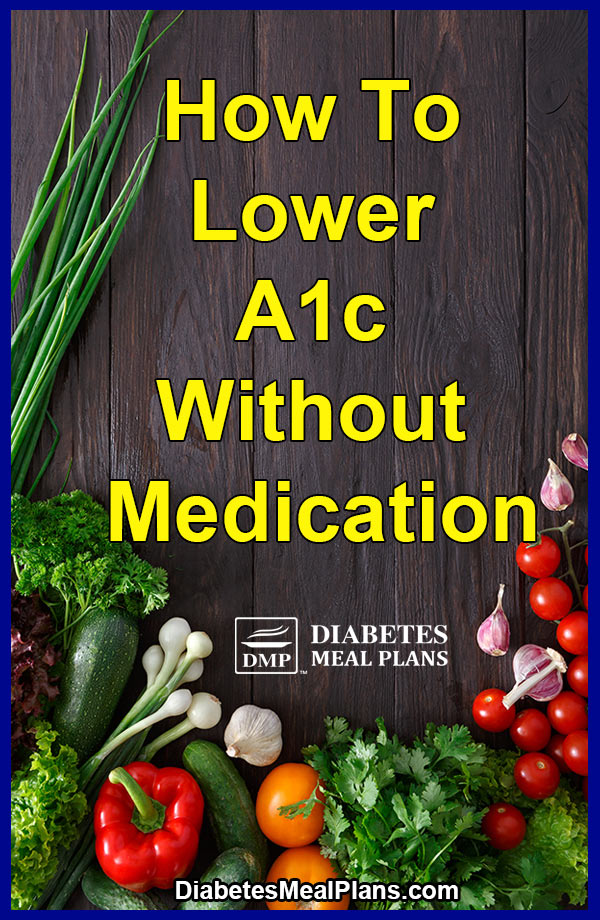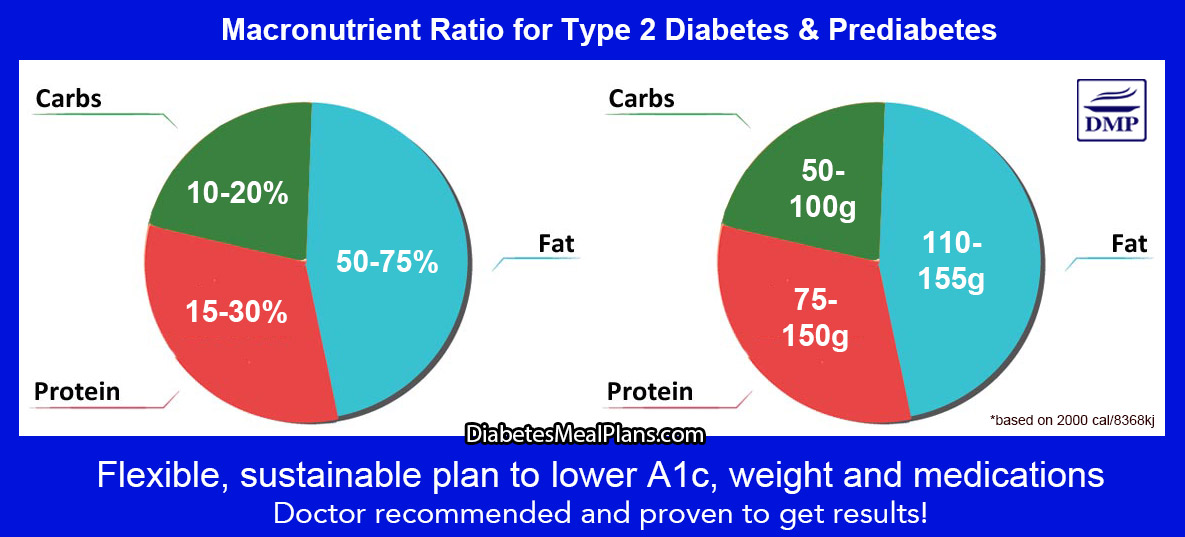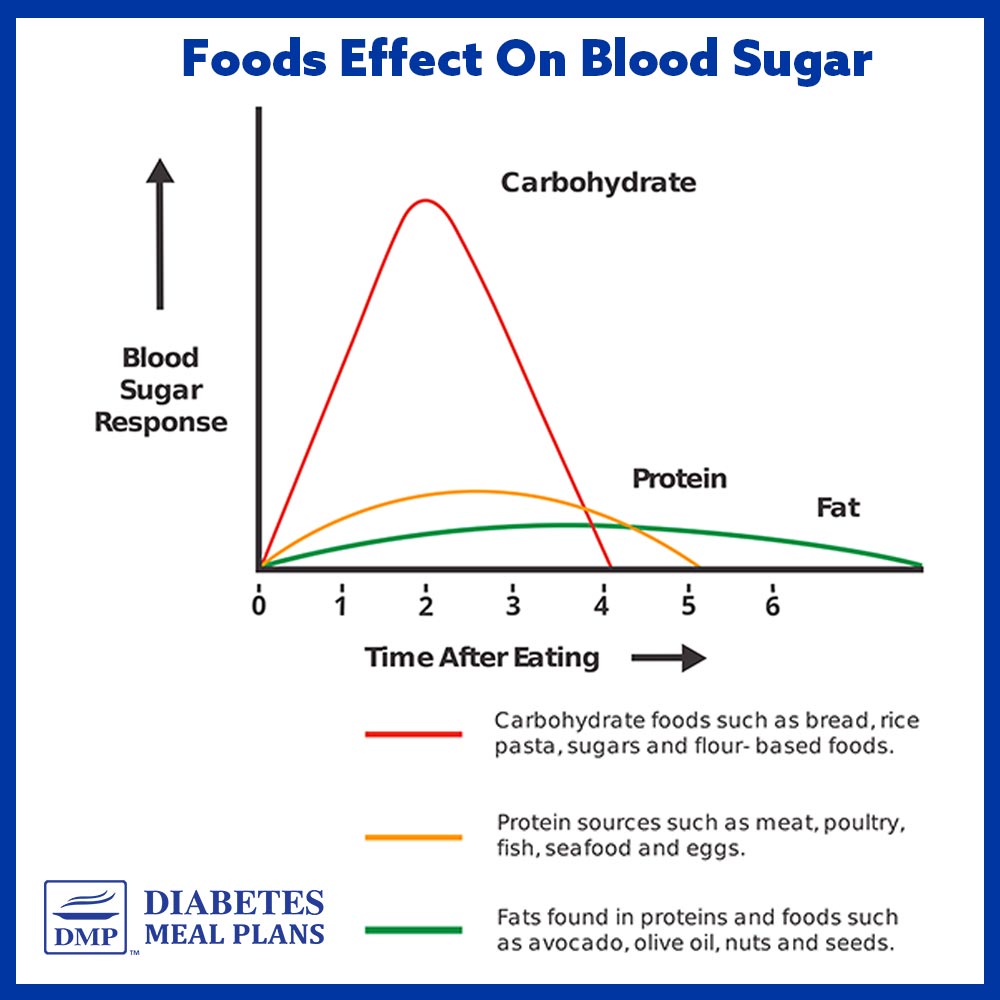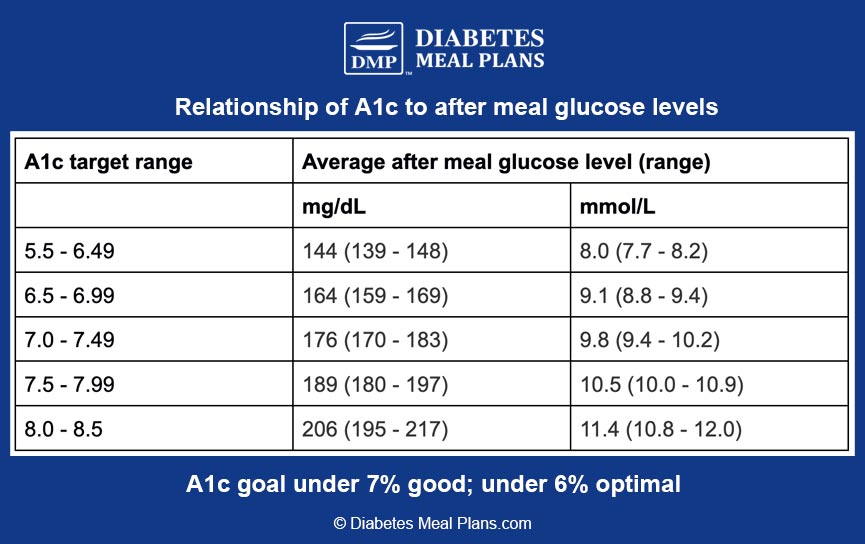Table of Contents[Hide][Show]
Many people with type 2 diabetes want to lower A1c without medication, or reduce the medication they are taking—and the great news is, this is absolutely possible!
In fact, our members are achieving this every day. Even after being on medication for 20 years with diabetes, you can still work toward getting off diabetes medication.
We know, because that’s what we help people do – lower A1c without medication!
Let’s dive into how you can achieve this.
Limitations of Lowering A1c With Medication
There’s no denying that anti-glycemic medications—medications that lower blood sugar levels—can be helpful sometimes. However, relying solely on medications to lower your A1c has its limitations, and understanding these is an important step in taking control of your health.
A medication can only lower A1c so much. Take Metformin as an example. This is one of the most prescribed glucose-lowering medications available. The maximum reduction a person will see from taking Metformin at the highest dosage is 1.5% (around 16.4 mmol/mol if you’re in the UK).
The same is true for other medications, the maximum reduction effect is 1.5% for sulfonylureas; whereas others such as sodium glucose transport inhibitor-2s (SGLT2) or DPP-4 inhibitors, the maximum reduction effect is only 0.7% (around 7.6 mmol/mol if you’re in the UK).
This limited effect is one reason why people with type 2 diabetes are often prescribed multiple medications. While necessary for some, this can sometimes lead to what’s called clinical inertia, where healthcare providers may not review medications regularly or explore alternatives to help reduce dependency on them.
Here’s the thing: if you’re taking more and more medication, your blood sugar may look better, but this doesn’t mean your diabetes is improving. In fact, it often means it’s getting worse. That’s because medications address symptoms but don’t tackle the root causes of elevated blood sugar.
Thankfully, there are other options to lower A1c—without relying solely on medication. And we happen to be experts in helping people achieve normal A1c naturally!

How To Lower A1c Without Medication
You have two incredibly powerful tools at your fingertips to help lower your A1c naturally, without medication.
- Moving your body more
- The food you put into your mouth
1. Move Your Body More
Our bodies were designed to move, and regular movement is one of the most effective ways to improve insulin sensitivity and lower A1c.
The best part? You don’t need to spend hours at the gym or follow a rigid workout plan. Any form of movement counts as exercise!
Some great options include:
If you enjoy it, you’re more likely to stick with it. The goal is simply to move more than you currently do.
For those with mobility challenges, there are still plenty of ways to stay active. Chair exercises, like arm lifts or seated leg raises, can be a great place to start. The key is to find something that works for you and gradually build up your activity level.
Our bodies were made to move, so get off your butt and move more!

2. Without Medication, NUTRITION Lowers A1c!
What you eat is very powerful and can lower A1c levels more effectively than medication.
Consider this: by following our healthy eating guidelines, it’s possible to reduce your A1c by 0.2% to as much as 3.8%, in just 16 weeks. That’s up to about 41.5 mmol/mol for those in the UK.
That’s a reduction that’s often difficult to achieve with medication alone—and it’s achievable through diet!
Depending how committed you are, you can lower your A1c by 0.2 to 3.8% in about 16 weeks – that’s the range we see in members following our healthy eating guidelines.
It can be very difficult to get a 3.8% reduction through medication alone, and in just 16 weeks!
So again, what you eat is very powerful. Nutrition can lower A1c levels more effectively than medication!
A1c is tested every 3-4 months, so we recommend people update their eating plan, by following our proven guidelines, for 4 months to achieve initial A1c reductions.
If you keep at it beyond the first 4 months, you can lower your A1c levels more, with many people achieving and maintaining lower A1c levels over the long term (for years), with diet and nutrition only!

Tips to Get Started With Your Eating Plan
Ready to make a change? Grab a copy of our recommended food list here, free!
Here are a few simple tips to get started:
- Focus on Whole, Unprocessed Foods: Choose foods that are as close to their natural state as possible. Think fresh vegetables, high-quality proteins, and healthy fats.
- Limit Carbohydrates: Carbs have the biggest impact on blood sugar, so reducing your intake can make a huge difference. Instead of bread, rice or pasta, try low carb alternatives like cauliflower rice or zucchini noodles.
- Eat Balanced Meals: Include a source of protein, healthy fat and fiber with every meal to help stabilize blood sugar levels.
- Track Your Progress: Monitoring your blood sugar levels after meals can provide valuable insights into how different foods affect you. This empowers you to make better choices.
Why Carbohydrates Are Important
Carbohydrates often get a bad rap, especially when it comes to managing blood sugar. However, it’s important to understand their role in your nutrition plan and how to make smarter carbohydrate choices.
The reason carbs are important is because, compared to other macronutrients like protein and fat, they have the biggest influence on blood sugar levels.

When you eat carbs, your body breaks them down into glucose/sugar.
Refined carbs, like white bread and sugary snacks, can cause blood sugar spikes, while complex carbs like vegetables, are absorbed more slowly, leading to steadier blood sugar levels.
Your after-meal (postprandial) blood sugar levels are directly related to your A1c levels. So if you want to get your A1c levels down to normal, keep your after-meal blood sugar levels below 140 mg/dL (7.8 mmol/L) two hours after meals.

Let Us Help You Lower A1c Without Medication
If you’re ready to take control of your health and lower your A1c naturally, we’re here to help.
Our free food list is the perfect place to start. It’s packed with practical, easy-to-follow recommendations on what to eat and what to avoid to help you get results.
You’ll find:
- Foods that support healthy blood sugar levels
- Simple swaps to lower your carb intake
- Best sweetener options
- Tips for building balanced meals
- A sample 2-day menu with recipes and desserts, too!
Why Trust Us?
We’ve spent years helping people with type 2 diabetes and prediabetes achieve real, lasting results through practical nutrition strategies.
Our approach is based on scientifically proven methods that have helped thousands of people lower their A1c, reduce medication use, and regain control of their health.
By downloading our food list, you’ll gain access to proven strategies that have helped countless others achieve their goals—and you can too.
So go ahead. Download our free food list below and take the first step toward lowering your A1c without medication.

I have type2 diabetes since 2016. My fasting sugar is 250. After two hours meal sugar is 370. My sugar is not coming low. Kindly guide me
Hi Amanat, a post-meal level of 370 is dangerously high so you really need to get these levels down asap. Start with grabbing our recommended food list and focus on your diet/nutrition – that’s going to be very important for you.
THANKS
Hello,
I am clueless when it comes to diabetes. I was in my mid 50’s when I was diagnosed. I am trying all I can to try to lower my A1c and I don’t know what I am doing.
Hi LaShawn, it’s common to be clueless and can be difficult to find good info. Follow the tips in this article and make sure you grab a copy of our recommended food list, which will help you get started. For more help, consider joining us as a member where we will support you with everything.
I need help lowering my A1C number 7.8
Hi Marion, we can certainly help you with that. Follow the tips in this article and make sure you grab a copy of our recommended food list and for more help, consider joining us as a member where we will support you with everything.
I want to lower my A1c, not sore of the cost of your program though.
Hi Karen, we can certainly help you lower your A1c, that’s our specialty! Our VIP Membership provides the best value and support, or you could consider the T2Diet Program (if you’re type 2) or the Prediabetes Reset Program. All the details and cost of the programs is outlined on those pages, so just follow those links. Hope to see you inside with the DMP Family!
I learned several years ago medication is not the way to go. I make green veg smoothys daily. Im going to increase my exercise on a daily basis
While medications can be useful, it’s definitely not great to rely solely on them! Good luck with the exercise Shirley – it’s always a bit challenging to get started but you feel great once you get a routine going.
Would love to lower my A 1c
Hi Sherry, you certainly can lower your A1c if that’s your goal. Perhaps you might consider joining us as a member to get proven resources and personal support to help you do it.
I need help I have type two diabetes trying to eat right.
Hi Catherine, you’re certainly in the right place to learn how to eat right and lower A1c and meds! I recommend getting started with our food list here and for more help, consider joining us as a member.
Yes I want to lower my a1c is 9.0
Well that’s great Evelyn! 9.0 is quite high so you want to aim to get your A1c below 7.0 and under 6.0 is the ideal goal if you can achieve it.